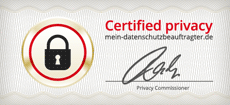The new ISTQB® Certified Tester Advanced Level - Test Management v3.0 certification exam is available on the iSQI webshop following the official release of this exciting new product by ISTQB®. This new syllabus brings significant updates to the previous Advanced Test Manager 2012 syllabus, reflecting the latest industry practices and enhancing the practical usefulness of the certification. Here’s a detailed look at the key changes and what they mean for you.
Introduction to the ISTQB® Advanced Level Test Management v3.0 certification
Key updates - naming, syllabus, exam structure, and certification exam
The ISTQB® core advanced level certification Certified Tester Advanced Level—Test Manager Version 2012 has now been updated to ISTQB® Advanced Level Test Management v3.0 (CTAL-TM v3.0).
This release is a major update and aims to make the syllabus more practical and relevant in today's software development industry. For more about the rationale for the new naming convention, refer to section 0.11, page 14 of the syllabus. This certification remains an advanced-level certification; individuals can then further progress onto the Certified Tester Expert Level Test Management or Certified Tester Expert Level Improving the Test Process certifications. Learning hours for accredited training for the new CTAL - TM v3.0 is now 22.75 hours. Additionally, the certification exam structure has also been updated to align with the updated syllabus.
ISTQB® Certified Tester Advanced LevelTest Manager 2012 (previous version) exam availability and certification validity
The ISTQB® has set the following sunset dates for the CTAL-TM version 2012 exams. Exams in ENGLISH, including retakes, will not be available after 30th May 2025. For non-English exams, including retakes, the availability will end on 30th November 2025. Despite these changes, holders of the CTAL-TM 2012 and any previous versions will continue to hold valid certifications. If you wish to update your qualifications, you can take the CTAL-TM V3.0 exam.
Key Changes in the New Syllabus
1. Updated Learning Objectives (LOs)
- All Learning Objectives have been edited to make them atomic and directly linked to specific syllabus sections. This change ensures that every piece of content has a clear purpose and is easier to understand, learn, and translate.
- The number of Learning Objectives has been reduced for a more focused and manageable learning experience:
36 K2 LOs (down from 39)
5 K3 LOs (down from 12)
7 K4 LOs (down from 10)
-
2. More concise syllabus and mention the learning hours
- The syllabus has been streamlined to focus on essential elements, excluding most examples to be provided by training providers during courses. This approach emphasizes practical learning and keeps the syllabus concise.
3. Complete Structural Revision
- The syllabus structure has been completely revised to align with the ISTQB® Foundation Level Syllabus V.4, ensuring consistency and coherence across certification levels.
New Chapters and Sections
Chapter 1: Managing the Test Activities
Section 1.1 – The Test Process: Now focused on managing test activities such as planning, monitoring, control, and completion.
Section 1.2 – The Context of Testing: Expanded to cover non-sequential software development models.
Section 1.3 – Risk-Based Testing: Rewritten for better applicability at the project level.
Section 1.4 – The Project Test Strategy: Focuses on selecting test approaches and defining measurable test objectives, building on the foundation laid out in the Foundation Level Syllabus V.4.
Section 1.5 – Improving the Test Process: Integrated into managing test activities with practical applications and retrospective techniques.
Section 1.6 – Test Tools: Reintroduced from the previous Foundation Level Syllabus V.3.1, covering the introduction and use of test tools.
Chapter 2: Managing the Product
Section 2.1 – Test Metrics: Combines former sections on defining and using metrics.
Section 2.2 – Test Estimation: Expands on test estimation techniques at a K4 level, aligned with the Foundation Level Syllabus V.4.
Section 2.3 – Defect Management: Updated to reflect current standards and practices, including Agile and hybrid development environments.
Chapter 3: Managing the Team
Section 3.1 – The Test Team: This section covers the same main topics as the previous syllabus, focusing on individual skills and team composition.
Section 3.2 – Stakeholder Relationships: Previously known as “Business Value of Testing,” this section now emphasizes managing stakeholder relationships effectively.
Removed Sections
Several sections from the 2012 syllabus have been removed to streamline the content and focus on the most relevant and practical aspects of test management:
- Distributed, Outsourced, and Insourced Testing
- Managing the Application of Industry Standards
- Reviews
- Improving the Test Process (CTP and STEP)
- Test Analysis, Test Design, Test Implementation, and Test Execution
Certification exam structure
The new exam consists of 50 questions, requires a minimum passing score of 65%, and has a duration of 120 minutes. This version reduces the overall number of Learning Objectives and exam questions, emphasizing a more concise and practical approach. Additionally, the exam structure now ensures that each Learning Objective is directly tied to specific sections of the syllabus, improving clarity and focus.
|
K-Level |
Number of Questions |
Question Timing in minutes |
Total Time by K-Level (Approximate) |
|
K2 |
26 |
1 |
26 |
|
K3 |
10 |
3 |
30 |
|
K4 |
14 |
4 |
56 |
|
TOTALS |
50 |
112 |
|
Question Distribution |
K-Level |
Number of Questions per LO (group)* |
Suggested Points per Question |
|
|
Chapter 1 |
||||
|
TM-1.1.1 |
K2 |
2 |
1 |
There is a total of 26 questions required for Chapter 1 K2 = 14 K3 = 4 K4 = 8 Number of points for this chapter = 46 |
|
TM-1.1.2 |
||||
|
TM-1.1.3 |
||||
|
TM-1.2.1 |
K2 |
4 |
1 |
|
|
TM-1.2.2 |
||||
|
TM-1.2.3 |
||||
|
TM-1.2.4 |
||||
|
TM-1.2.5 |
||||
|
TM-1.2.6 |
||||
|
TM-1.2.7 |
K4 |
2 |
3 |
|
|
TM-1.3.1 |
K2 |
2 |
1 |
|
|
TM-1.3.2 |
||||
|
TM-1.3.3 |
||||
|
TM-1.3.4 |
K4 |
2 |
3 |
|
|
TM-1.3.5 |
K2 |
1 |
1 |
|
|
TM-1.3.6 |
||||
|
TM-1.4.1 |
K2 |
1 |
1 |
|
|
TM-1.4.2 |
K4 |
2 |
3 |
|
|
TM-1.4.3 |
K3 |
2 |
2 |
|
|
TM-1.5.1 |
K2 |
2 |
1 |
|
|
TM-1.5.2 |
||||
|
TM-1.5.3 |
||||
|
TM-1.5.4 |
K3 |
2 |
2 |
|
|
TM-1.6.1 |
K2 |
1 |
1 |
|
|
TM-1.6.2 |
||||
|
TM-1.6.3 |
K4 |
2 |
3 |
|
|
TM-1.6.4 |
K2 |
1 |
1 |
|
|
TM-1.6.5 |
||||
|
Chapter 2 |
||||
|
TM-2.1.1 |
K2 |
2 |
1 |
There is a total of 15 questions required for Chapter 2 K2 = 7 K3 = 4 K4 = 4 Number of points for this chapter = 27 |
|
TM-2.1.2 |
||||
|
TM-2.1.3 |
K4 |
2 |
3 |
|
|
TM-2.2.1 |
K2 |
1 |
1 |
|
|
TM-2.2.2 |
||||
|
TM-2.2.3 |
K4 |
2 |
3 |
|
|
TM-2.3.1 |
K3 |
2 |
2 |
|
|
TM-2.3.2 |
K2 |
1 |
1 |
|
|
TM-2.3.3 |
K2 |
1 |
1 |
|
|
TM-2.3.4 |
K2 |
1 |
1 |
|
|
TM-2.3.5 |
K3 |
2 |
2 |
|
|
TM-2.3.6 |
K2 |
1 |
1 |
|
|
Chapter 3 |
||||
|
TM-3.1.1 |
K2 |
1 |
1 |
There is a total of 9 questions required for Chapter 3 K2 = 5 K3 = 2 K4 = 2 Number of points for this chapter = 15 |
|
TM-3.1.2 |
K4 |
2 |
3 |
|
|
TM-3.1.3 |
K2 |
3 |
1 |
|
|
TM-3.1.4 |
||||
|
TM-3.1.5 |
||||
|
TM-3.1.6 |
||||
|
TM-3.2.1 |
K2 |
1 |
1 |
|
|
TM-3.2.2 |
K3 |
2 |
2 |
|
|
TOTAL 120 minutes for 50 questions |
||||
To help you prepare, you can download sample exam questions and answers or try iSQI's online mock exams to get ready for your real exam.
Note: Try iSQI online mock exam and boos your exam preparation!
Flexible Exam Delivery Options: Choose What Works Best for You
You can choose to take the exam through the iSQI remote proctoring option (FLEX), which allows you to complete the exam from the comfort of your home or office under the supervision of a live proctor. Alternatively, you can opt to take the exam at a Pearson VUE test center, which offers a secure and professional testing environment. Both options are available to ensure that you can select the one that best fits your needs and schedule.
What Does This Mean for Testers?
For testers, this update signifies a more streamlined and practical approach to learning and certification. The revised syllabus focuses on essential skills needed in real-world testing scenarios, emphasizing practical application over theoretical knowledge. This means that testers will now be better prepared to handle actual testing challenges, using techniques and tools that are directly applicable to their daily work. The reduction in Learning Objectives (LOs) and the inclusion of dynamic, practical content make the learning process more efficient and targeted. Overall, testers will benefit from a more robust and relevant certification that truly reflects their ability to manage and execute effective test strategies in diverse development environments.
Conclusion
The ISTQB® Advanced Level Test Management v3.0 syllabus significantly aligns certification with real-world testing needs. Focusing on practical skills and reducing the overall syllabus size offers a more manageable and effective learning experience. Whether you are a testing professional, employer, service provider, or training provider, this update ensures you stay ahead in the rapidly evolving field of software testing.
For more information or to register for the new certification exam, visit our webshop. Stay tuned for more updates and resources to help you succeed in your certification journey.
We hope this article helps you understand the major changes in the new ISTQB® Advanced Level Test Management v3.0 syllabus. If you have any questions or need further assistance, feel free to reach out to us.
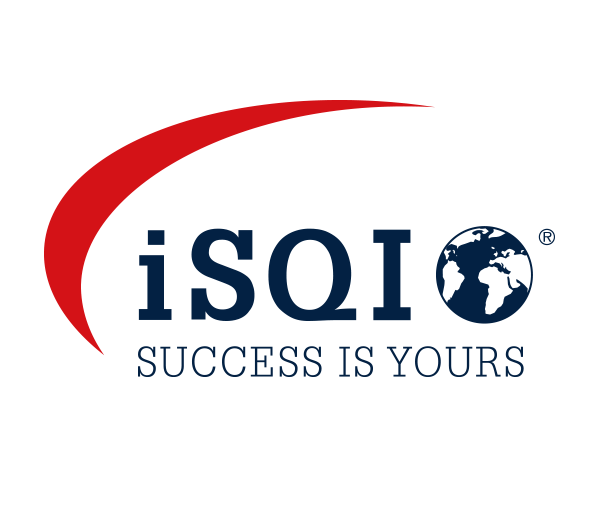
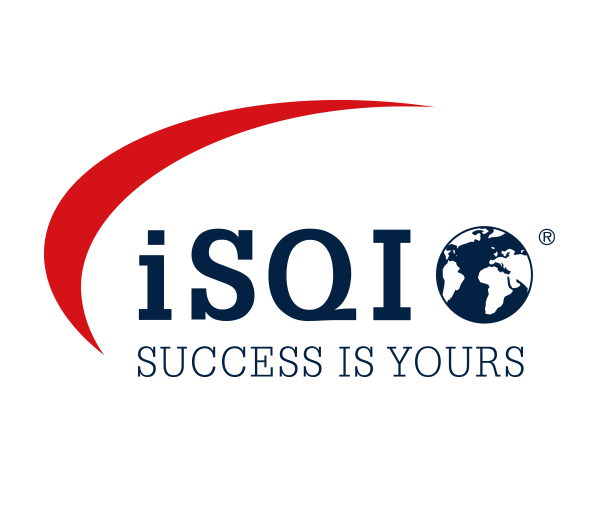
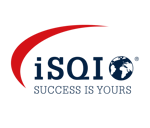




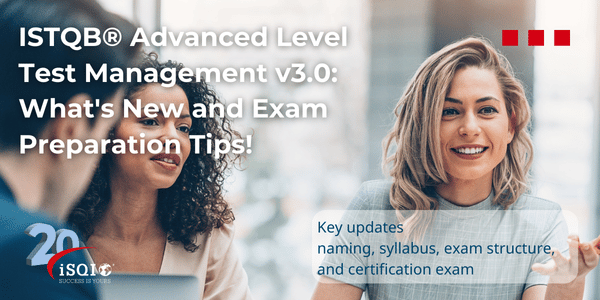
.png?width=600&height=300&name=Test%20Management%20CTAL-TM%20v3.0%20Blog%20banner%20(2).png)
.png)
